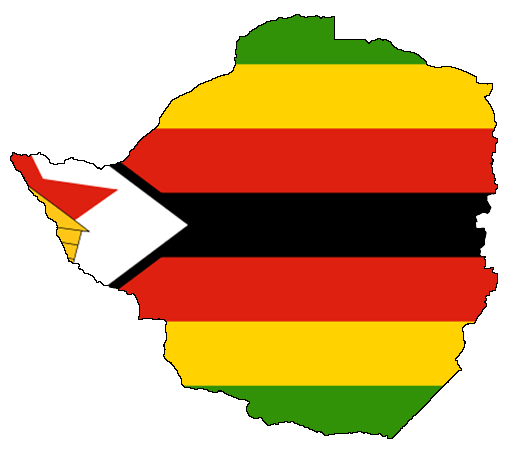By Environmental Correspondent
The United States and Switzerland remain committed to the creation of safe communities in Zimbabwe through partnering with Government in de-landmining.
The USA and Switzerland Ambassador to Zimbabwe Brian A Nichols and Niculin Jaeger, respectively, In thier International Mine Awareness day commemorative message rendered commitment to solidarity in eradicating land mines with government and partners.
“We congratulate Zimbabwe and partners for reducing the land mine contamination to over 40km² at the end of 2019, according to the Zimbabwe Mine Action Centre. At the end of the War in the late 1970s landmines covered more than 300km² of Zimbabwean land.” The commemorative message noted.
Landmines are a legacy ill on communities as they injure, decease, and degrade natural resources thereby rendering incalculable losses on victims.
“Landmines have maimed and killed more than 1500 Zimbabweans and 120 000 livestock since independence. Communities living in mine infested environments live in fear, have limited access to critical resources and basic services, struggle to derive economic value from what would ordinarily constitute productive land.” The ambassador’s said.
The remarks follow this week’s 4 April commemorations of International Day of Mine Awareness and Assistance in Mine Action, otawa convention, a 22 year declaration to be mine impact free by 2025.
“Today marks the International day of Mine awareness and Assistance in Mine Action. Signing on to the convention on the Prohibition of the Use, Stockpiling, production and Transfer of Anti-personell mines and on Thier Destruction.” They also emphasised.
The United States has invested heavily in Zimbabwe’s demining, with close to a quarter of 100 million having spent since 1998 and has commenced the clearing of the Great Limpopo Transfrontier Corridor a project set to benefit wildlife.
“The United States has invested more than US24 million in Zimbabwe since 1998 to protect people from landmines and promote economic opportunities through safe access to land.” they said.
Furthermore, “Our latest support goes to APOPO, a specialised organisation currently clearing the Cordon Sanitaire minefield that includes the Sengwe Wildlife Corridor Connecting Gonarezhou and Kruger National Parks.”
“The project will also help the free movement of wildlife within the Great Limpopo Transfrontier Park spanning the borders Mozambique, South Africa and Zimbabwe. APOPO estimates to find and destroy about 15300 landmines and clear 7km² of land by 2025” they said.
On the ther hand, “Switzerland working with mine-action partners including Geneva International Centre for Humanitarian demining (GICHD), the International Commity of the Red Cross, and the UN, has commited to a world without new victims of anti-personnel mines, cluster munitions and other explosive remnants of war.” the statement noted.
Land mines have been known to decease, injure and are an ill whose vice potentially should meet restructuring before the otawa convention’s date.
“Lying dormant until triggered by a victim and intended to incapacitate, landmines maim civilians and render vast tracks of land unusable. Mines and unexploded ordnance leave a terrible legacy of war long after the guns have fallen silent” The Ambassadors’ statement reiterated.
The issue comes at a time the SADC Troika met in Mozambique; following Troika Chair Botswana President, Mokgweetsi Masisi’s call following the ongoing Mozambique Cabo Delgado insurgency.

